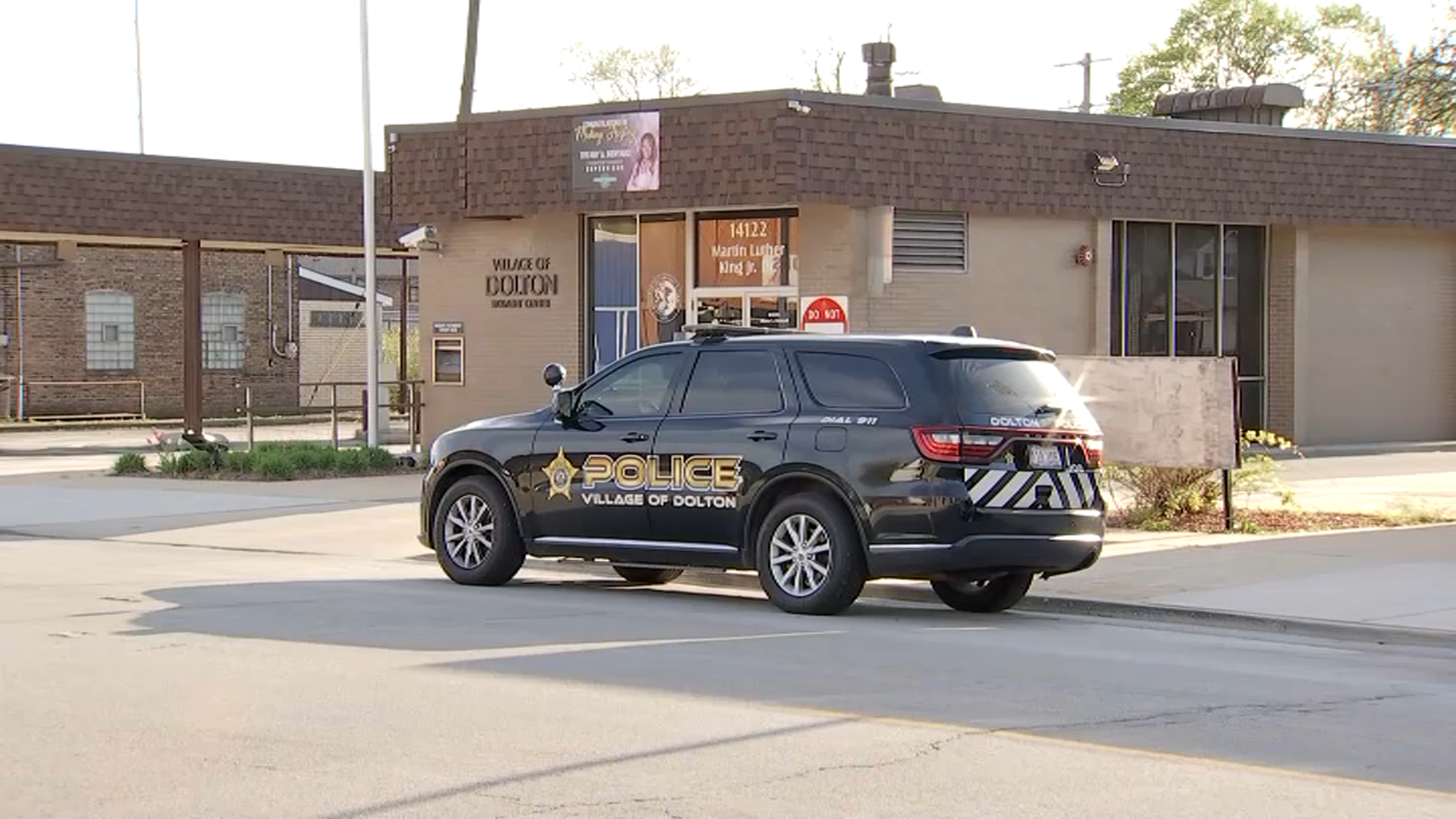The head of Chicago Police Accountability Task Force says she takes the mayor at his word, when he calls a series of reforms announced Thursday, only a “down payment” on what needs to be done to increase accountability and legitimacy in the wounded relationship between the public and Chicago Police.
“We drafted the recommendations so they would fit together as a mosaic,” said Task Force chief Lori Lightfoot. “It’s an encouraging step, but there’s a lot more that needs to be done.”
The changes announced by mayor Rahm Emanuel amount to about a third of the recommendations made in last week’s scathing report on Chicago Police. Among the reforms announced Thursday, intensified training to address bias and cultural differences, expanded use of Tasers and body cameras, and a new effort to expedite internal investigations.
The mayor emphasized that more changes are coming, but that he had to move carefully because of an ongoing Justice Department investigation of Chicago Police.
“Within four and a half days, we’re already implementing a third,” Emanuel told NBC5. “We’re open to all of it, and I just want to make sure that the Department of Justice, that we’re not going a direction that they’re not comfortable with.”
The recommendations do not include a key finding of the Task Force report—that the Independent Police Review Authority should be replaced with a new civilian accountability agency. But Emanuel emphasized that his reforms are a work in progress, and he noted that changes were announced last week, allowing IPRA greater latitude in investigations, and giving the Bureau of Internal Affairs the ability to move with greater speed.
“The worst thing to do would be to do something and then six months later, hit the chop button again and change it,” Emanuel said. “I have to, as mayor, be conscious of the fact that we are working with the Department of Justice, and when you make those changes, you want to do them right.”
Local
Emanuel pointedly noted that his administration had moved quickly to counter the evils of the John Burge years, where recent investigations have revealed that suspects were routinely tortured by a group of officers under Burge’s command.
“Not only did we have reparations,” he said, “we had benefits for the family members of the victims, and then I, as mayor, personally apologized.”
“Acknowledging where you’re wrong, is the first step of where you’ve got to go right,” he said.
Of the larger reforms, Emanuel insisted, “this is not going to gather dust.”
Lightfoot says she believes that. But she also suggested that concerns about moving before Justice completes its work are unnecessary.
“We wrote the report in a way it couldn’t be ignored, and frankly I don’t think it’s going to be ignored,” she said. “The change is going to come, and the question is whether we embrace that change now, we do the things that we believe we need to do to get us headed in the right direction, or do we wait for the Department of Justice to impose that change on us?”
The Task Force Report, a blistering assessment of race relations, policing, and accountability in Chicago, warned that “a painful but necessary reckoning is upon us.” The report found that while the issues surrounding the 2014 shooting of teenager Laquan McDonald constituted a “tipping point” in police relations, that issues of racism had been allowed to fester for decades in the city.
The report insisted that true reconciliation would only begin through a public admission by the Superintendent that his department had a history of racial disparity and discrimination. It called for a new Inspector General for Public Safety, and the replacement of the Independent Police Review Authority with a new Civilian Police Investigative Agency. The mayor said he was committed to those concepts, but the changes were not included in Thursday’s recommendations.
“The expectations on the part of the public have been raised,” said Lightfoot. “They’re looking for deep, substantive, systemic change, and so are we.”
That said, she quickly added, “We’re looking forward to see what of those substantive changes are actually adopted.”
Lightfoot said she was encouraged by Emanuel’s promise of quarterly progress reports, and that she saw that as evidence that he has an expectation that there is “more to be done.”
“The mayor has to do what the mayor believes is in the best interest of the city,” she said. “Certainly we’re all going to be judged by whether we’ve taken the bold steps.”
For his part, newly appointed Police Superintendent Eddie Johnson seized on the reconciliation piece Thursday, saying “I think for CPD it would be silly of us not to acknowledge that some segments of the city have been treated differently than others.”
“Acknowledging it, recognizing it, and putting something in place to guarantee that it doesn’t continue happening moving forward, is where we have to be,” he said. “Changes are going to come, and sometimes it’s going to hurt a little bit. But it’s going to come.”



